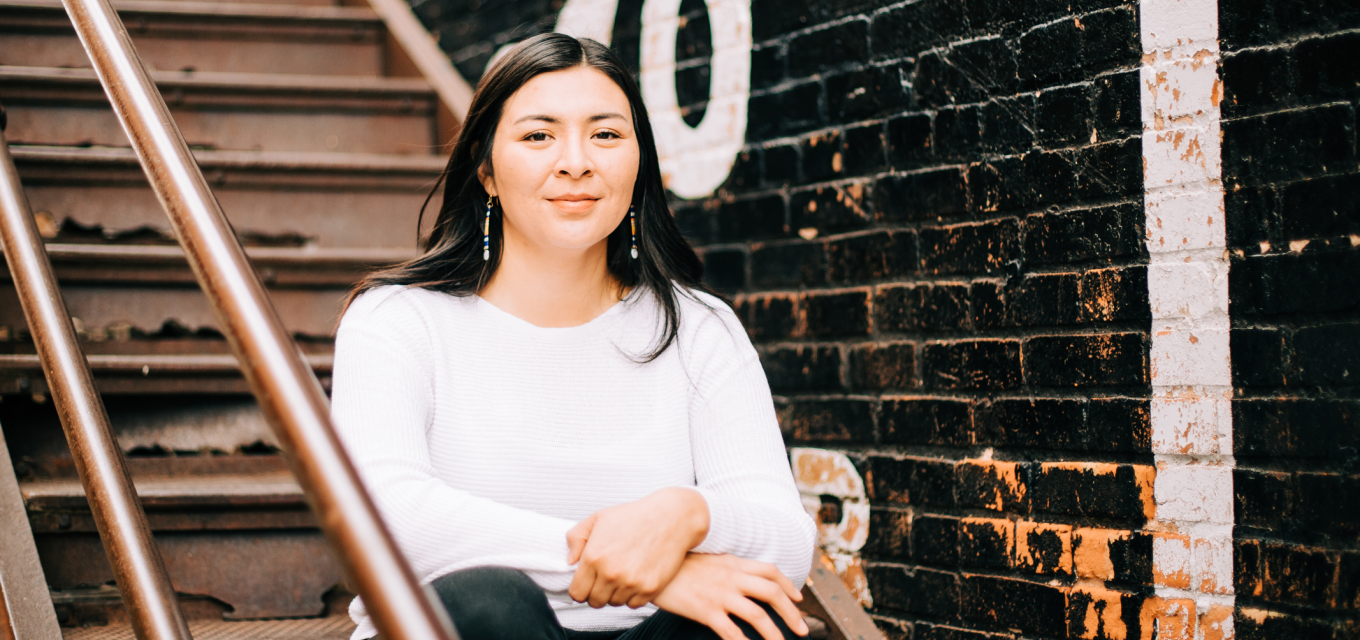2021 Winter

Giving matters: social innovation challenge
“Once the pandemic hit, I was able to count on the YDL community to support me in adapting my project so I could still complete it.”
The School of Social Work has long been committed to innovation, especially in partnership with community members. While students can make a meaningful contribution to that work, they aren’t always invited to share their ideas or have the resources to implement them.
Last year, a gift from a CEHD alumnus and longtime affiliate of social work, James Toole of the Compass Institute, made it possible for the school to launch the first-ever Student Social Innovation Challenge. Students were asked to apply for seed funding for ways to make human service systems more effective, efficient, and just.
After submitting an initial proposal, students participated in a design workshop to help them identify potential issues and consider what would be feasible. Their revised proposal was then reviewed by a committee of faculty and staff. Caitlin Bordeaux, a youth development leadership (YDL) master’s student, developed a project focused on increasing the participation of Native American students in a Saint Paul-based youth leadership institute.
Caitlin says, “I knew I wanted to do something related to my work with the leadership institute. I’m Native American and realized we were missing that valuable voice, while Native Americans were missing the opportunity to learn from a diverse group of peers.” She received the award in February 2020, right before COVID-19 was widespread in the United States.
“Being able to brainstorm with other students was very helpful,” she says. “Once the pandemic hit, I was able to count on the YDL community to support me in adapting my project so I could still complete it.”
Prior to graduating in summer 2020, Caitlin got a job in her home state of South Dakota teaching at a new tribal school. She says her YDL degree helped her get ready for the opportunities ahead. “My experience challenged my assumptions, gave me a background in working with youth in an urban setting, and built my skills in working with a team to represent other cultures in our programming,” she says.
Professor Ross VeLure Roholt sees the initiative as long overdue, saying, “We want our graduating students to see themselves not only as professional practitioners, but as leaders.”
Story by Ann Dingman | Photo by Michaela Mader | Winter 2021
Support CEHD student scholarships at cehd.umn.edu/giving.
Contact us at 612-625-1310